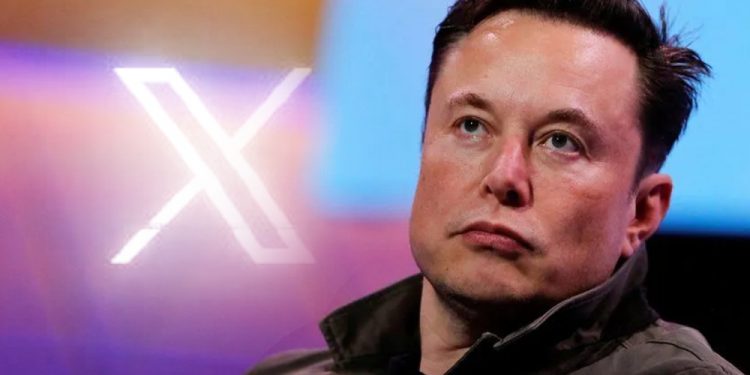Elon Musk’s takeover of social media platform Twitter at a cost of $44bn in 2022 has yielded him rich political dividends. The world’s richest man is today at his most powerful position having become a part of US President-elect Donald Trump’s inner circle. He also is involved in running a string of companies that include Tesla, Space X, Starlink, The Boring Company, Neuralink and OpenAI.
Musk is South African and born with English and Dutch heritage. He emigrated to Canada and took Canadian citizenship before becoming a US citizen in 2002. As Trump has pointed out, ‘Elon’ is a natural-born foreigner and so barred by the Constitution from becoming the actual US President. Therefore, for the next 4 years, he will be as close to becoming the PoTUS as possible.
Armed with the algorithms of his social media platform X on which he has over 210 million followers, Musk has now become a source of concern for progressive thinkers the world over, especially in Europe. From advocating for fresh elections in Britain to supporting Germany’s Far-Right and criticising the European Commission, Musk is amplifying extremist ideologies in Europe, where numerous governments are already contending with the surge of populism and Far-Right movements. Each week, the platform appears to intensify a topic that dominates conservative discussions—and often mainstream conversations—resulting in tangible political consequences.
“(Keir) Starmer must go and he must face charges for his complicity in the worst mass crime in the history of Britain,” the tech billionaire posted recently. He was alluding to the period when the British Prime Minister served as the chief state prosecutor in England and Wales, a time that overlapped with a child grooming scandal wherein predominantly Pakistan-origin men were the main culprits. He made 23 posts urging King Charles III to dissolve the British Parliament and call for fresh general election, all accompanied by memes and vitriolic remarks aimed at Starmer. Musk has also advocated support for the fringe anti-immigration party Reform UK, whose leader, Nigel Farage, he recently met. Additionally, he shared a message from former UK Prime Minister Liz Truss urging the cessation of state funding for the BBC. Musk, some allege, is spreading misinformation and disinformation targeting what he calls the “legacy media.” He has even gone to the extent of calling ‘X’ the true media.
The Tesla CEO recently referred to German Chancellor Olaf Scholz as a “fool” following the collapse of the latter’s coalition government in November. Not just that, in an opinion piece for a prominent German newspaper, Musk expressed his support for the Far-Right Alternative for Germany (AfD) party. While Scholz stated that he was not bothered about Musk’s personal criticisms, he expressed concern over the US billionaire’s involvement in Germany’s general election by endorsing the AfD.
Of late, Musk’s actions have sparked speculation that he intends to provide financial support to conservative politicians across the world, following his status as America’s leading political donor, having spent $277 million on the US Presidential elections last year. Notably, his brand of politics has always attracted individuals with a Right tilt. Unsurprisingly, he appeals mostly to white conservatives across America and Europe as the algorithms of X boost racist posts and conspiracy theories targeting various groups – people of colour, immigrants, Jews, Moslems and most recently Indian-American Hindoos. Even in India, most Right-leaning users erupted in celebration the moment he took control of Twitter in a hostile takeover. This is exactly the reason why many reputed media outlets and journalist groups have quit the platform over the disinformation that it promotes. Among them are the British daily The Guardian, Sweden’s Dagens Nyhater (DN), Spain’s Vanguardia, American public radio NPR and the European Federation of Journalists.
Big Tech firms interfering in electoral politics of different countries is not new. Given the sheer number of followers platforms such as Facebook, X, Instagram and YouTube have the world over, their algorithms are capable of setting the narrative and turning the tide against any political party. Facebook has been accused in the past of boosting content that promoted the ruling party in India. Already, democracy is on a decline in most parts of the world with the subversion of institutions such as the judiciary, the civil society and the Press. In such a scenario, the political manoeuvres of Big Tech platforms must be carefully scrutinized and observed how their algorithms are aiding in the erosion of democracy.







































